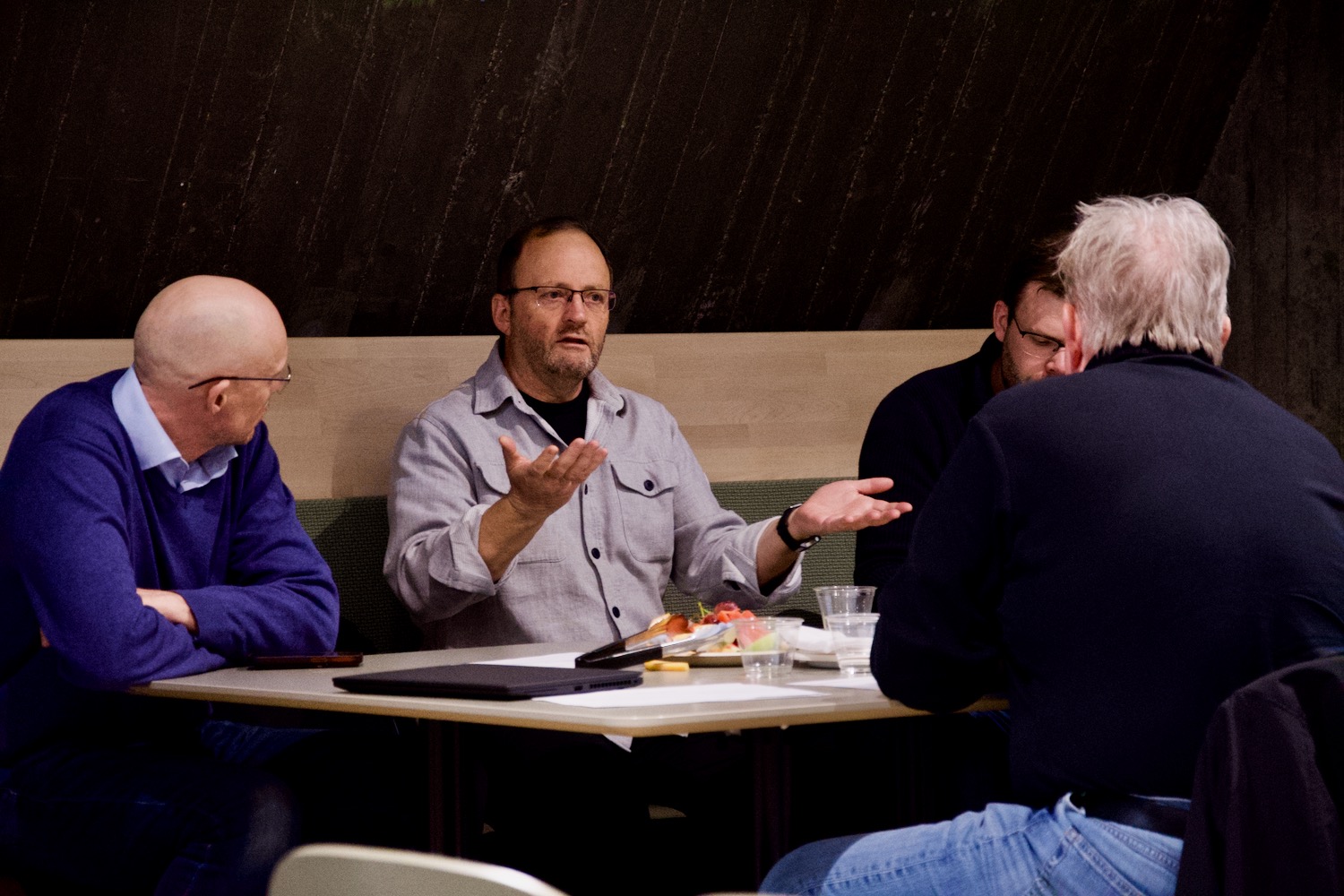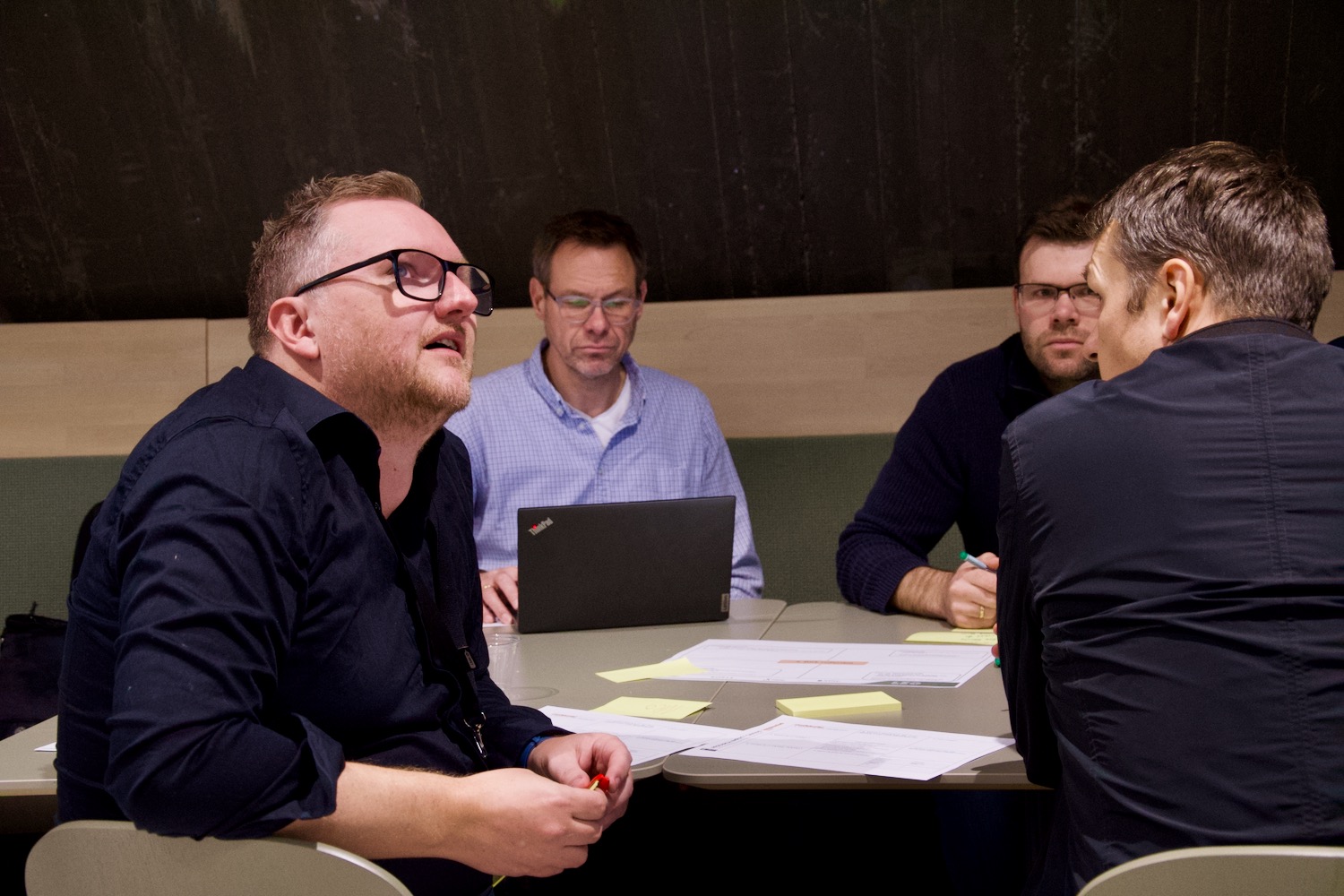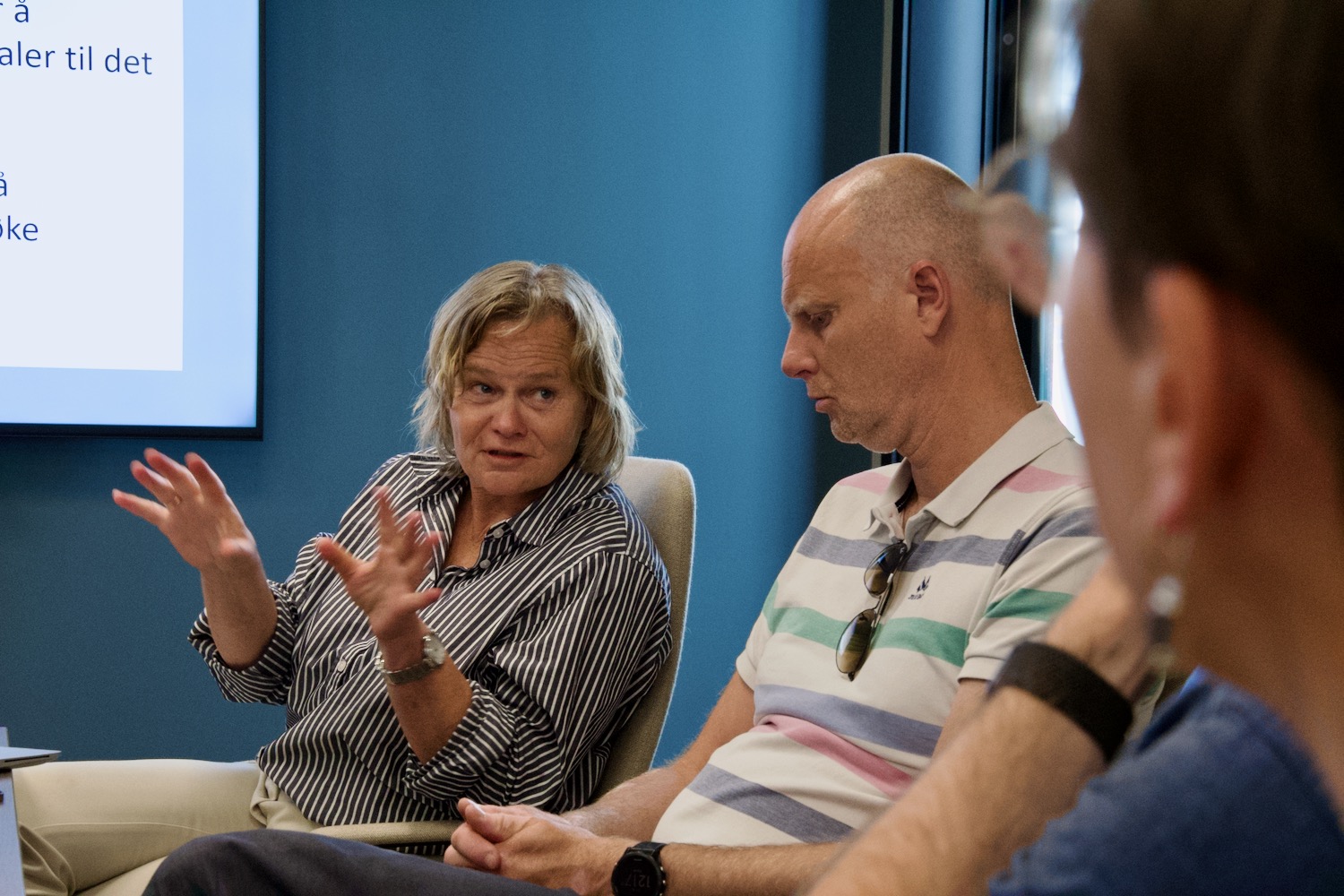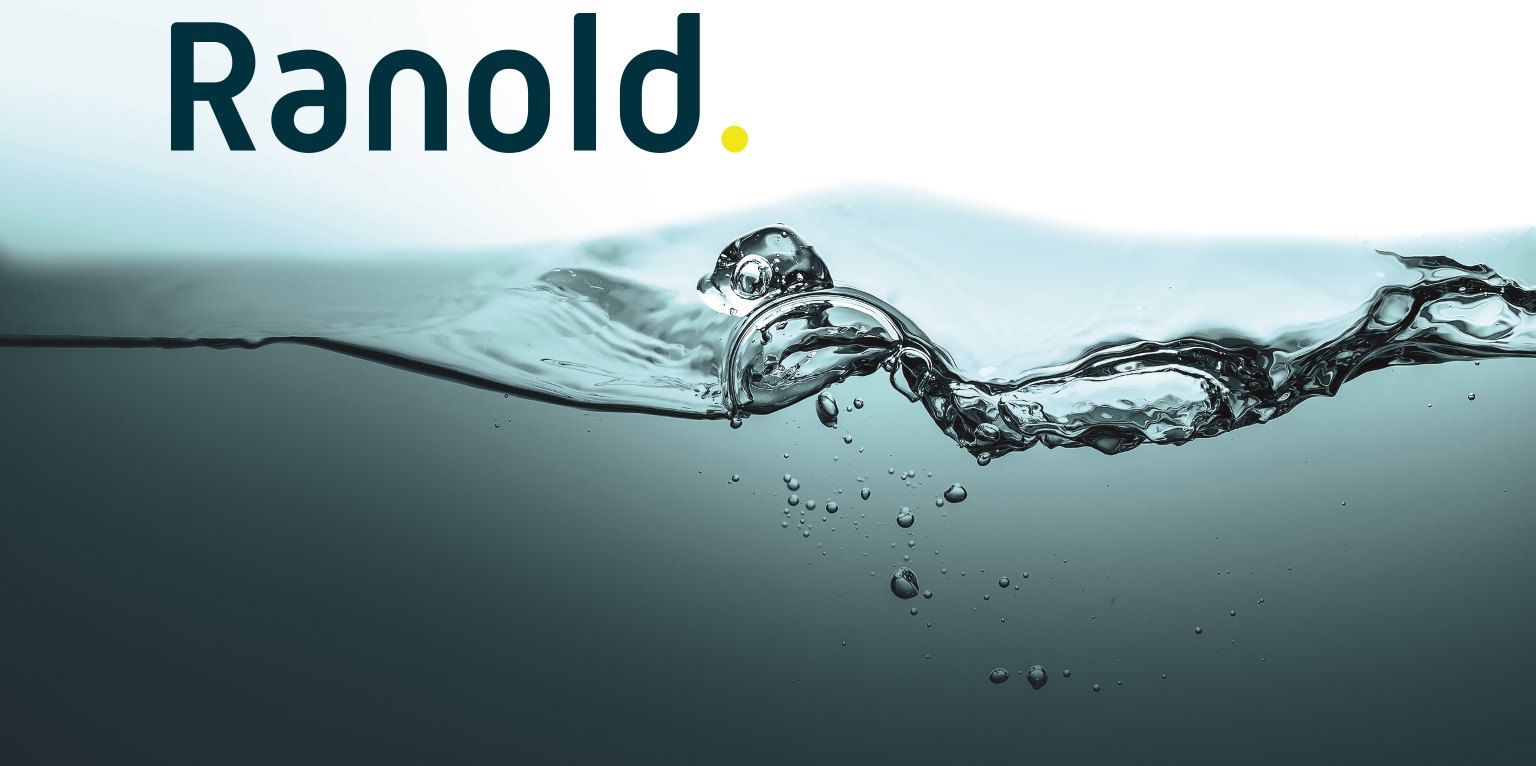SFI LEO is a potential Center for Research-based Innovation (SFI) for Life Extensions of Offshore Assets (LEO). Last week, the research partners behind SFI LEO connected with industry partners in an innovation workshop in Kristiansand as part of an application process.
Among the industry partners attending the workshop were two of the major cluster companies; HMH and SLB.
“The grand ideas behind the potential center are well aligned with our strategy and ongoing projects in our organization. Lifetime extension has been on our agenda for a long time. It remains a current topic and something we will continue to explore,” says Nicolai Nilsen, Vice President Innovation at HMH.
HMH was part of SFI Offshore Mechatronics, which closed last year.
“Being part of a new SFI will be less complicated due to new guidelines, which better protect any intellectual property we share. We still haven’t decided to be part of the SFI, but we are certainly cheering it on. We will make our decision in due time,” says Nilsen.

INCREASED COMPETITIVENESS
Espen Botnan, Technology Development Champion at SLB, also attended the workshop. He explains why:
“We are here to influence and contribute to research projects which can increase our industry’s competitiveness over time. We are currently working on a few of the topics that are mentioned as relevant for SFI LEO, but we are also interested in gaining a deeper understanding for some of the other topics,” says Botnan.
SFI LEO could be the next large-scale research program in the offshore energy sector, addressing some key issues for the offshore industries, such as Asset Lifecycle Economy, Asset Integrity Management, and Operation Equipment Efficiency and Remaining Useful Life Optimization.
If successful, SFI output will lead to advances in offshore wind, oil and gas, aquaculture, and other industries. Findings will likely also affect some onshore industries.
BUILDING ON FORMER SFI
The University of Agder is an integral part of SFI LEO, together with the University in Stavanger, the Norwegian University of Science and Technology, and NORCE Norwegian Research Center.
SFI LEO will build on the Agder region’s leading position within the field of mechatronics. The former SFI – Offshore Mechatronics (2015-2023) – produced 10 PhDs, increasing the width and depth of competence in and around our industry. SFI LEO could add to this.
Depending on the outcome of the pre-qualification process, SFI LEO could be invited to submit a final application by May 2025. Start of center is scheduled for Q4 2025 or Q1 2026.





